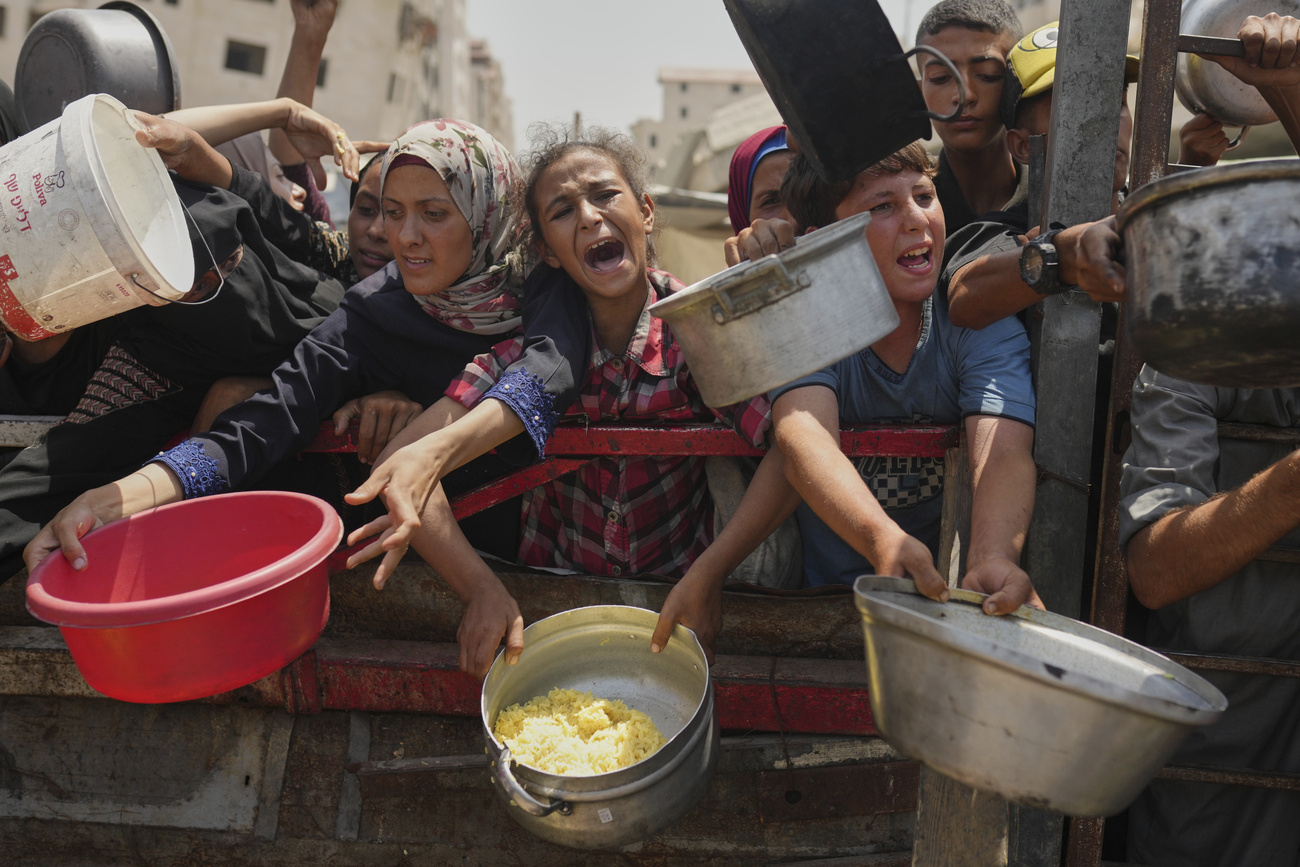
Locarno Festival counters the somber mood of the world with art and comedy

Switzerland’s most important film festival kicks off today with a lineup designed to capture the planet’s current pulse. But rather than spiral into despair, the programme leans boldly into comedy. Laugh – if you dare.
How can art – and cinema in particular – reckon with the growing tide of battlefields, humanitarian crises, war crimes, forced migrations, and societal collapse? This year, Locarno Film Festival’s artistic director, Giona A. Nazzaro, has placed his bet on what might be the most civilised response to a world in distress: laughter. Defying industry trends, six of the 17 films in the festival’s main competition are comedies. But the humor they offer often skews dark, subversive, and anarchic.
Comedies, satires, and ironic takes on the world permeate the festival’s other sections as well. This year’s guest of honour is none other than Jackie Chan, whom Nazzaro hails as “the Buster Keaton of modern cinema” – a nod to the American silent film star known for his deadpan expression and daring physical comedy. Over a career spanning more than 50 years, Chan has become an icon by masterfully blending drama, comedy, action, and martial arts in each of his films.

In Nazzaro’s selection, however, tragedy is not totally sublimated by laughs. We will have Gaza, Ukraine, Sudan, and Iran, to mention just a few of the current scenes of horror in the real world. In this delicate balance, Locarno bets on the relevance of cinema in the face of humanitarian impotence.
Do mention the war
While the war in Ukraine, for example, enjoys a rather anti-Russian consensus in the West, Russian and Ukrainian films are conspicuous by their absence. But Gaza is very present, and probably the most toxic topic to tackle.
Last year, No Other Land, a Palestinian-Norwegian co-production made by a Palestinian-Israeli collective, took the Best Documentary prize at Berlin Film Festival (Berlinale) and also at the Oscars, provoking violent reactions from the Israeli government and media, from their faithful allies in the United States, and also in Europe, where politicians and media still look for a way to grapple the difference between antisemitism and criticism of the Israeli state.
Locarno’s main competitive section didn’t shy away from the challenge. It brings the Palestinian feature With Hasan in Gaza, by Kamal Aljafari, as well as the Lebanese Tales of the Wounded Land, by Abbas Fahdel. On the other hand, Nazzaro chose an Israeli film, Eran Kolirin’s Some Notes on the Current Situation. Since it is not a premiere, the film is slated for the Fuori Concorso (out of competition) section, but its significance can’t be overstated.

Kolirin’s oeuvreExternal link, comprising only five feature films so far, is already very loaded. After the drama The Band’s Visit (2007), which dealt with Arab-Jewish tensions in a bitter-sweet but uplifting way, his following works started taking more critical stances. So much so that Israeli pundits have been discussing in the mediatic arena whether Kolirin should be considered a national traitorExternal link or not.
The old, the young, and the funny
Feted in Berlin and many other European capitals, and recently even in the American art magazine Art ForumExternal link, the Romanian director Radu Jude has been a fixture of Locarno for many years. In 2023 he mesmerized the cinéphile audience with his grandiose Don’t Expect Too Much from the End of the World, and last year two of his humble shorts offered delightful bits of anarchic humor. But now he’s back to the main competition with another ambitious dramatic comedy, a 3-hour trashy take on Dracula (Jude is also a native of Transylvania, by the way).
Romanian humor is also present in the main competition with Ivana Mladenović’sExternal link Sorella in Clausura (Sister in cloisters), signalling a recognition from the festival to an effervescent and young, albeit tiny, film community centered in Bucharest, to which Radu Jude is a sort of older brother and mentor.
Mladenović is among an exciting list of young and rising film makers (Japan’s Shô Miyake, Germany’s Julian Radlmaier, et al) who will be competing with more established authors for the Golden Leopard, Locarno’s main prize. Apart from Radu Jude, there is the Tunisian-French Abdellatif Kechiche (Mektoub, my Love: Canto Due), the British Ben Rivers (Mare’s Nest), and the Swiss Fabrice Aragno (The Lake), who used to be a vital creative partner to Jean-Luc Godard’s last years before setting on his own filmmaking career.
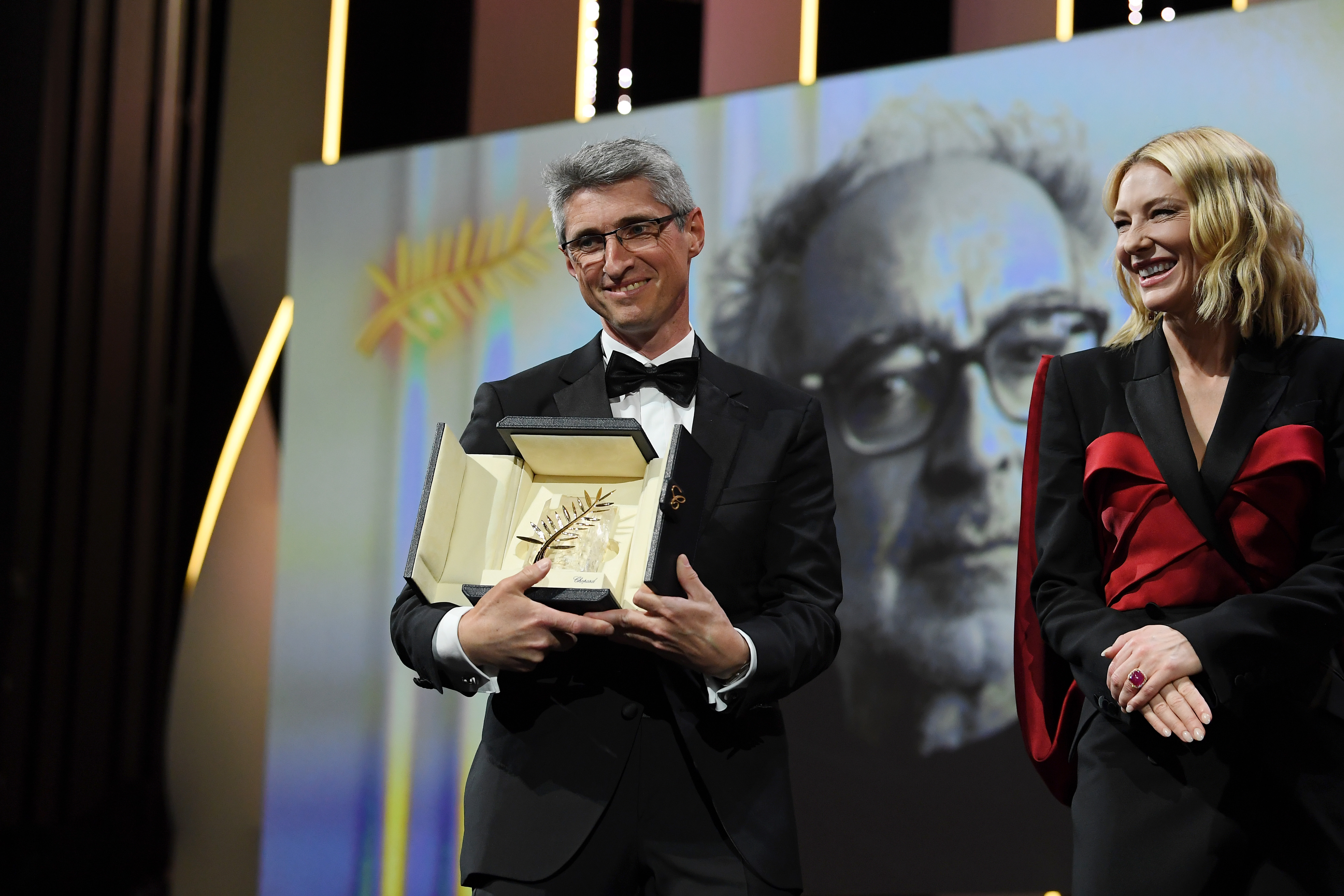
More
The man who holds the legacy of Jean-Luc Godard
Meanwhile, the section Cineasti del Presente, the main competition devoted to filmmakers on their first or second features, is where there lie some of the best, and sometimes the worst, surprises of the festival. The best way to be surprised is not to nurture any expectations, but Asian films usually steal the show. That may be the case with the South Korean The Fin, by Park Syeyoung, The Plant from the Canaries, by Berlin-based Chinese filmmaker Ruan Lan-Xi, and the French-Belgium-Vietnamese production Hair, Paper, Water…
Heritage matters
As Giona A. Nazzaro remarked in the official launch of the program that took place in early July in Zurich, one of the main functions of any decent film festival is to also work with cinema’s heritage together with the several film archive institutions, many of them in as precarious conditions as the rolls of films under their care.
Thus, Locarno’s Retrospective section is always a major highlight for the festival’s cinéphile audiences, and this year the focus is on British post-war films (1945-1960), restored by the British Film Institute and the Cinémathèque Suisse.

More
Locarno Festival sheds light on an under-appreciated era of British cinema
But there is much more cinema memory apart from the retrospective. Under the section Histoire(s) du Cinéma (Histories of cinema), the festival pays homage to distinguished personalities in the movie business.
British actor Emma Thompson will be there to receive an honour award for her career, celebrated with a screening of director Ang Lee’s adaptation of Jane Austen’s Sense & Sensibility (1995). The Lebanese production company Abbout Productions will also be celebrated with screenings of two of its most representative features, Costa Brava, Lebanon, by Mounia Akl (2021) and Memory Box, by Joana Hadjithomas and Khalil Joreige (both of 2021).

The festival also celebrates the Swiss director Simon Edelstein, an almost forgotten name from the golden era of francophone authors such as Alain Tanner, Claude Goretta, and Michel Soutter. New copies of all-time European classics, such as Roberto Rosselini’s Anno Uno (Italy’s year one, 1974) and Liliana Cavani’s The Year of the Cannibals (1969), will be screened along two films by Greek-American director Alexander Payne, of Sideways fame (2004).
The beat of the Beats

Out of competition, and slightly hidden in the programme, two documentaries deserve to be mentioned, to the delight of those who yearn for more inspiring, rebellious, countercultural times.
Ebs Burnough’s Kerouac’s Road: The Beat of a Nation is not at all a nostalgic look at Jack Kerouac’s iconic life and works, but an attempt to assess, through conversations with contemporary writers and artists, how Kerouac’s milestone book On the Road (1957) still resonates in the US today.
The documentary Nova’78, on the same vein, brings back the electrifying NOVA Convention of 1978External link, idealized by Kerouac’s fellow writer and friend William S. Burroughs in New York. Featuring performances by Laurie Anderson, Patti Smith, and Frank Zappa, among many others, this is a time capsule that promises a few insights into our current state of affairs, pitching art, poetry, and laughter against bigotry and intolerance.

Edited by Mark Livingston/ds

In compliance with the JTI standards
More: SWI swissinfo.ch certified by the Journalism Trust Initiative

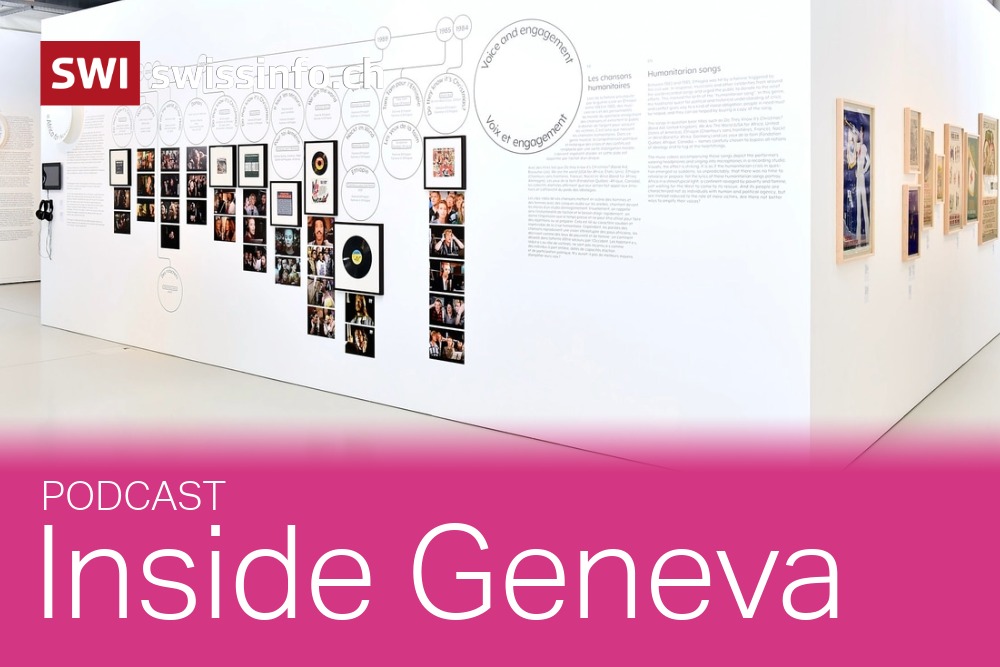












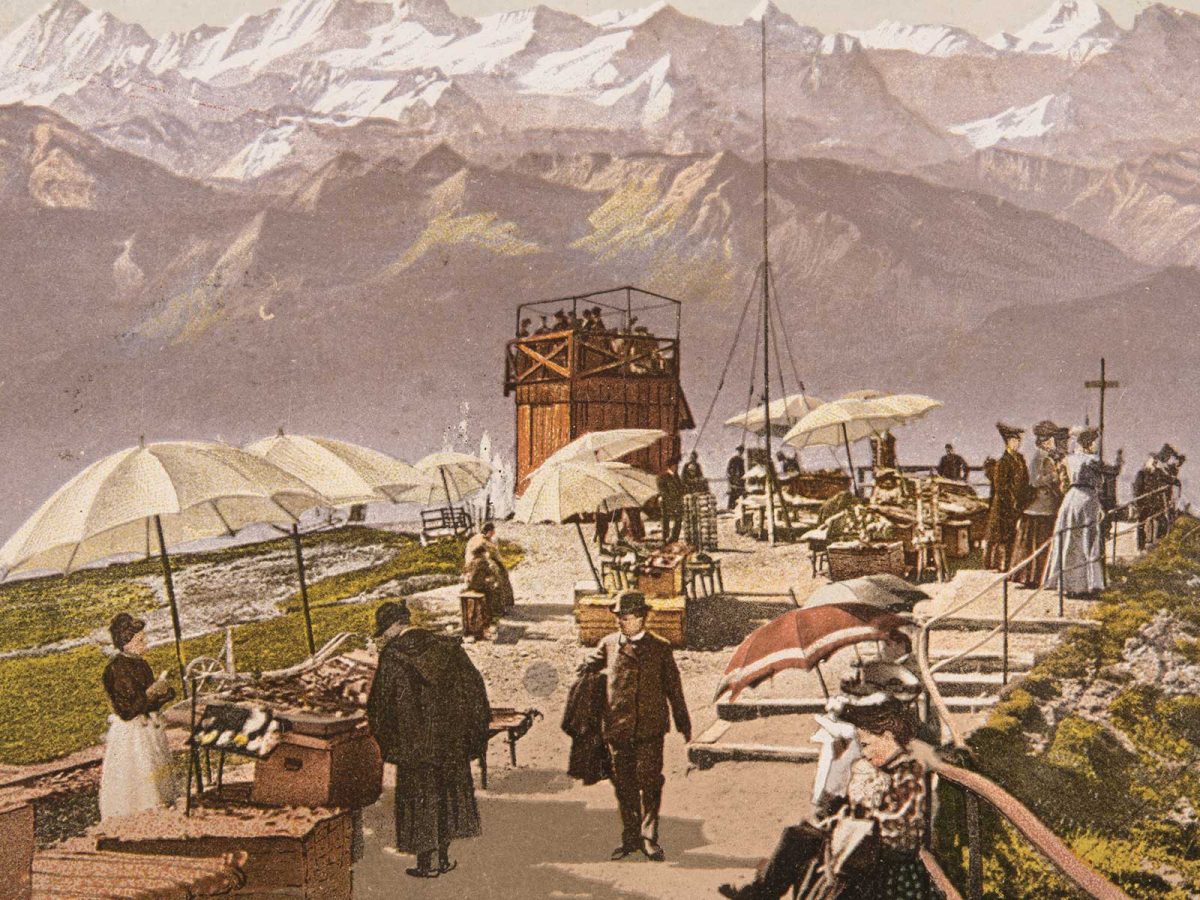












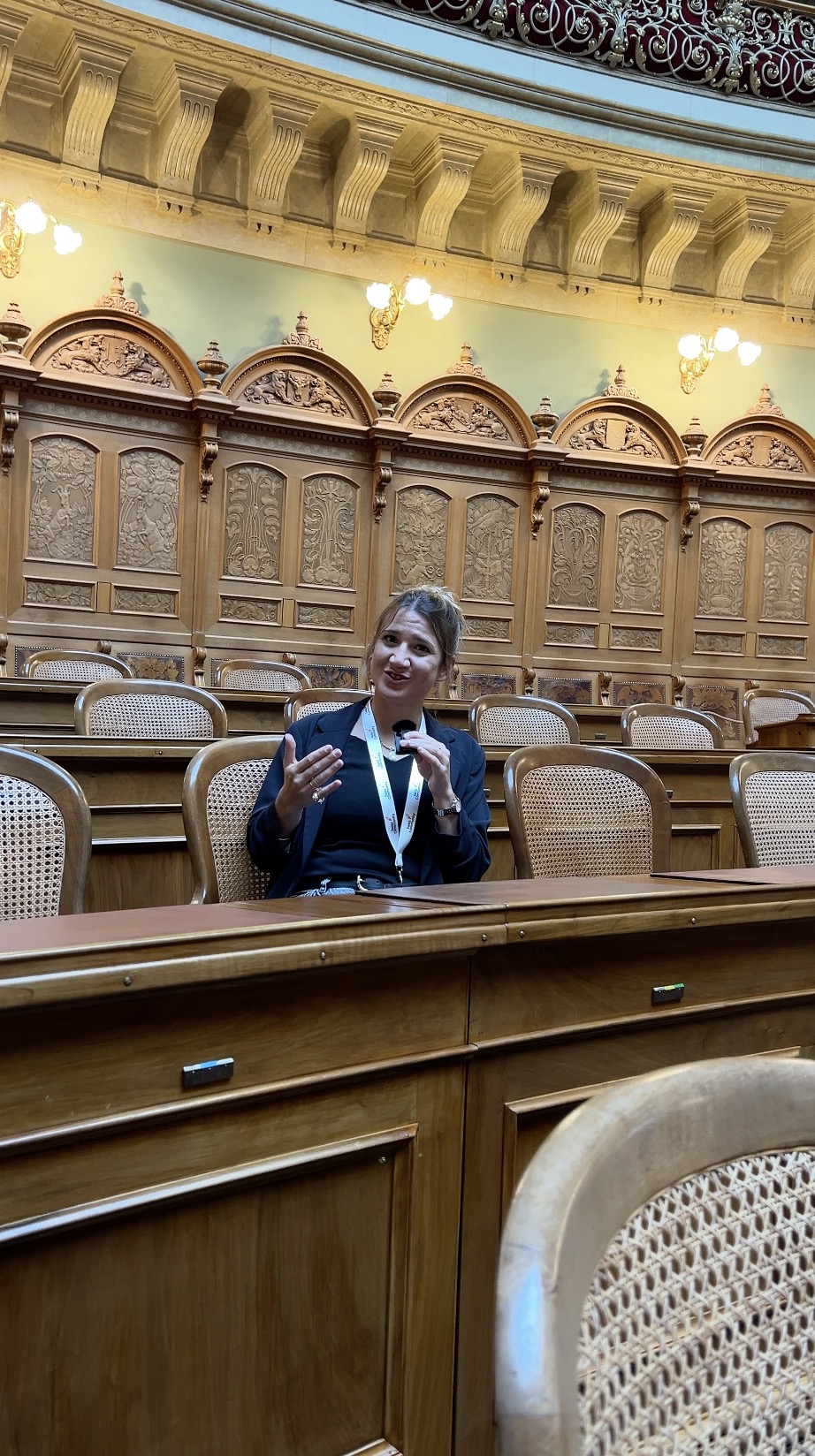

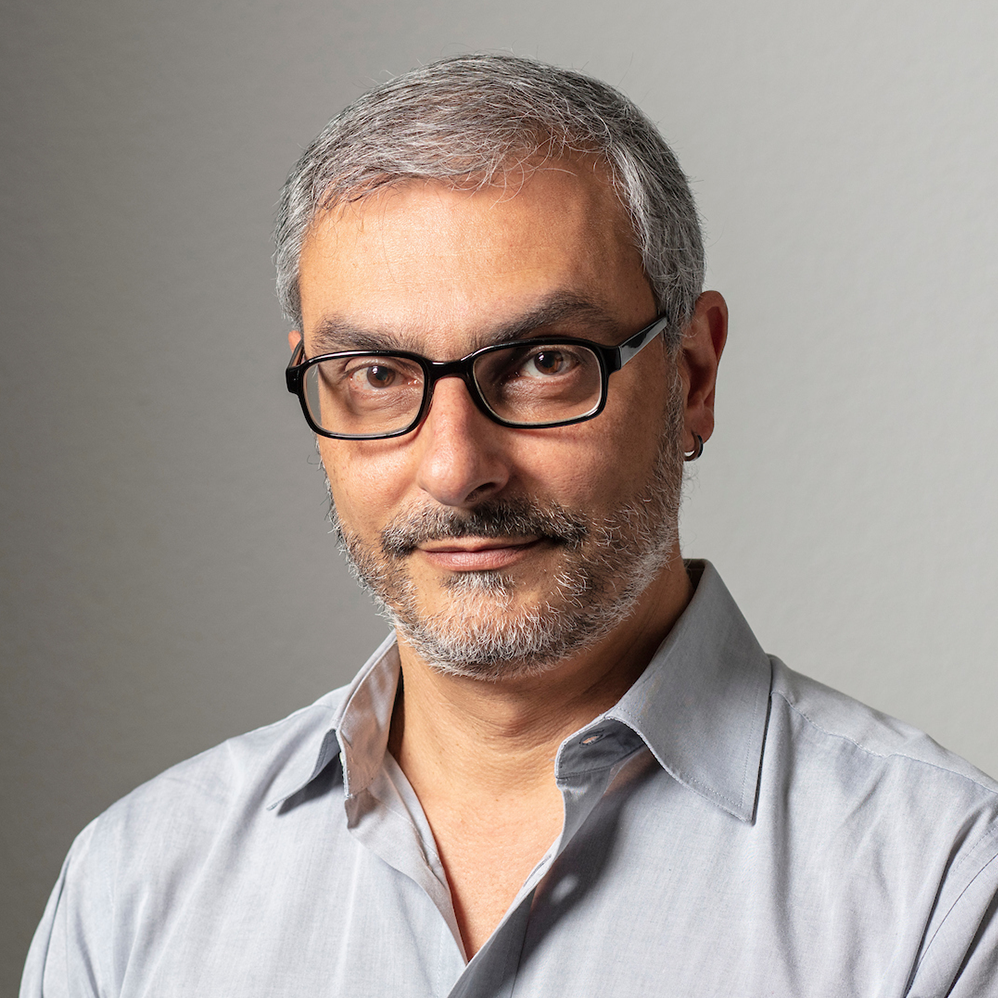

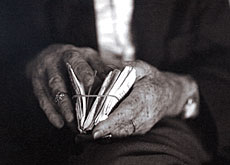







You can find an overview of ongoing debates with our journalists here . Please join us!
If you want to start a conversation about a topic raised in this article or want to report factual errors, email us at english@swissinfo.ch.